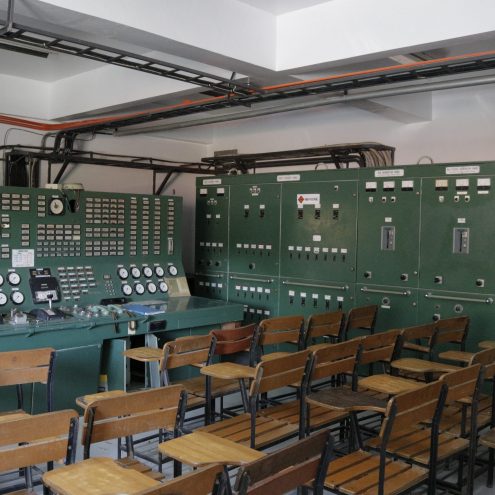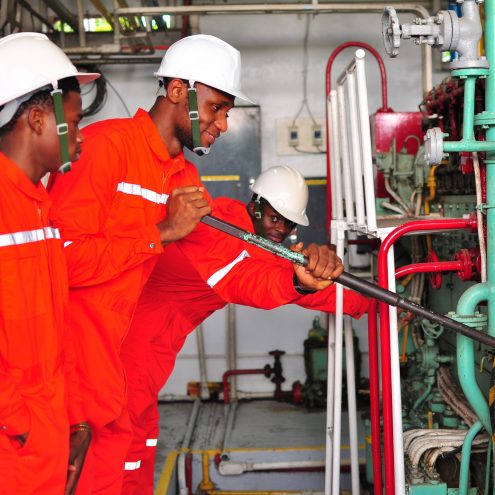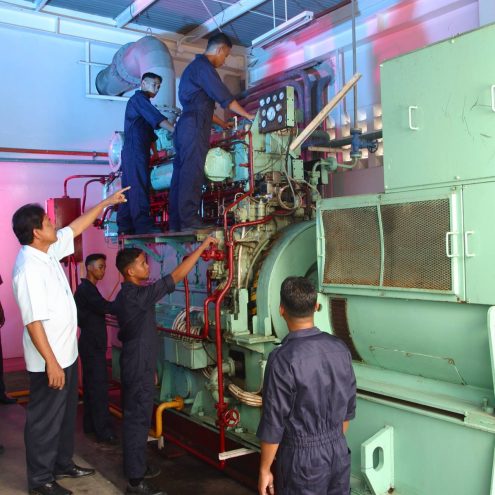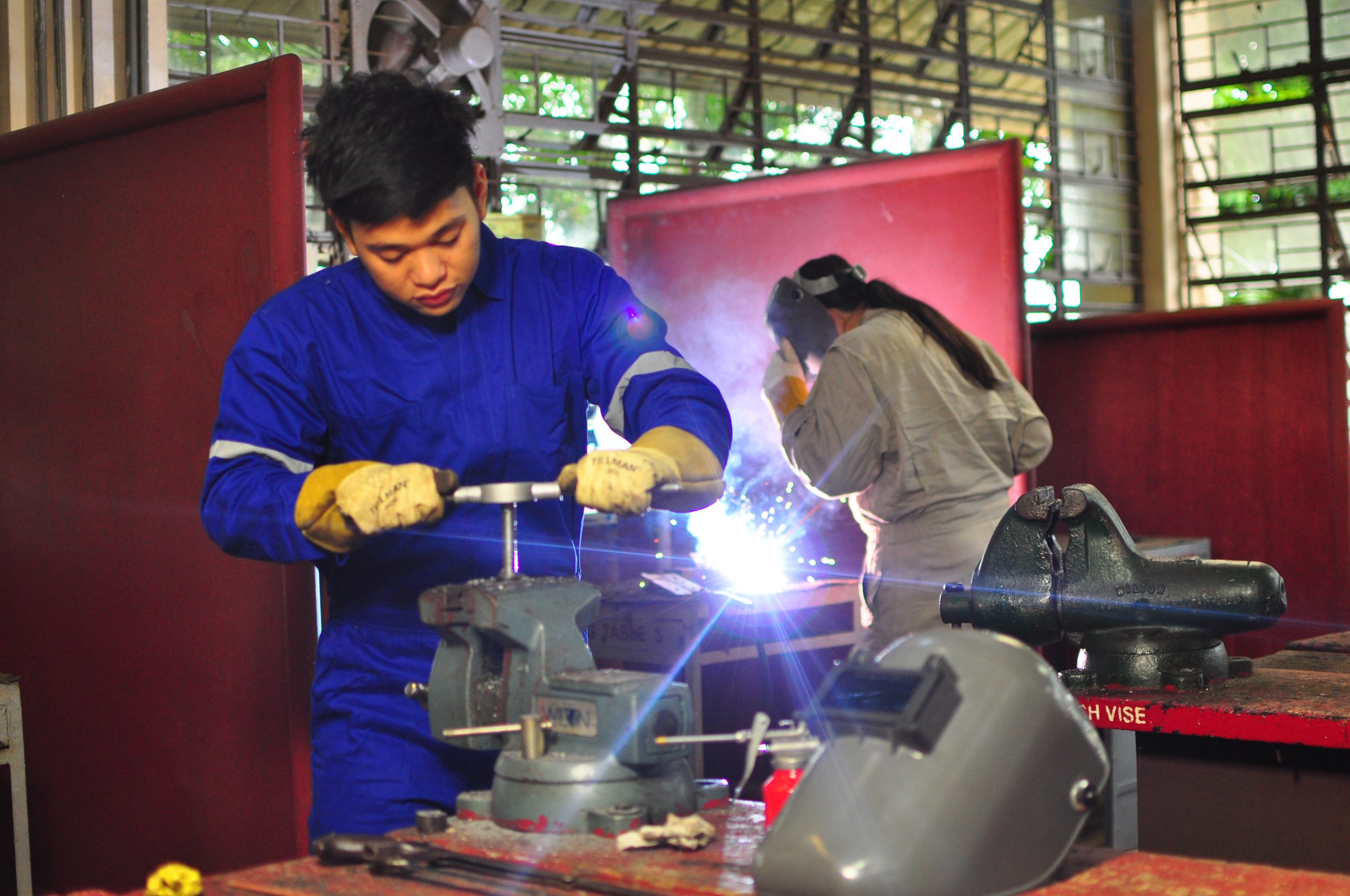Industrial Engineering brings together the various sciences concerned with technology, production of goods, the performance of sciences, and the ways people work. It integrates human, information, material, monetary and technological resources to produce quality and cost-competitive goods and services in a healthy and efficient work environment.
Accreditation:
PACUCOA Level III Reaccredited Status









